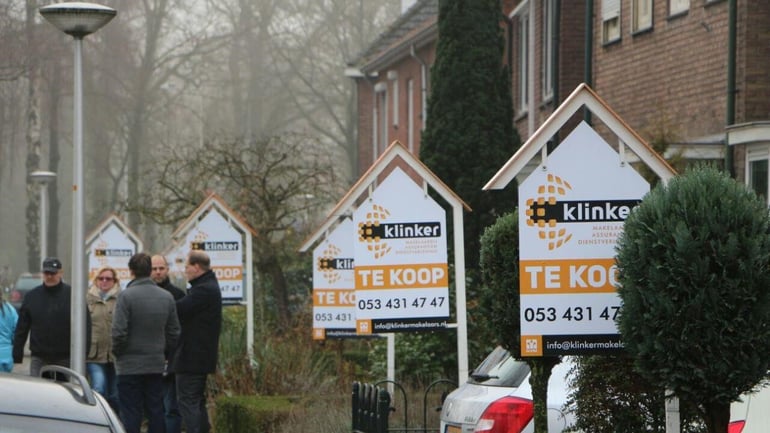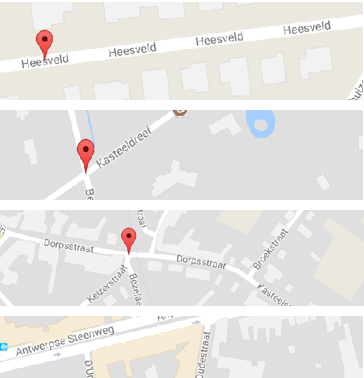
During his session at our Inspiration Night, Bert De Vos explained how real estate valuations come about. “I am going to dilate your minds to make sure that real estate sneaks into them. I hope that this session will inspire you to shape your business.” Indeed, our minds would soon broaden to a significant degree.
The Royal Institution of Chartered Surveyors (RICS) describes real estate valuation as follows: “The estimated amount against which real estate would be transferred between a willing buyer and a willing seller in a business transaction after a significant amount of marketing on the value assessment date, whereby both parties have handled well-informedly, prudently and not under duress.” Agreed, but how does that estimated amount, on which the two parties have to agree, come about?
To determine a value for different objects, we often use the following three methods in Western countries:
- The comparing method: “That house in the neighborhood looks a lot like mine, so I can base my asking price on that one.”
- The substituting method: “What does it cost to build the same building again, with the same material and in the same way?”
-
The discounted cash flow method: “Today, how do I calculate the value of a range of future cash flows to determine the current value based on that income?”
What is it worth?

First of all, Bert gets us going with the question whether there is a market for a real estate object as we play a short quiz about the value of the Our Lady Cathedral in Antwerp. Some of us take a guess, but we guess way too high. Obviously, the question is the following: what do you base that value on? He puts us out of our misery by explaining that the cathedral has been valued several years ago at 45 million. “This is a value that hurts and that is solely based on the insured value of the Rubens paintings. Other than that, it seems to be nothing more than a pile of rocks that you cannot do anything with.”
The quiz is quickly followed by an exciting range of photographs that each represent a value factor. “How do you insure this stadium in Brugge, and does it need fire insurance? Highways are private property in many countries, but what is their value? Is a slum a market, and what is it valued on? What does property look like for inhabitants of the Amazon forest?
Wat determines the value?

When thinking of value determining factors, you should consider the amount of square meters of the property in question, the amount of bathrooms and their specific style, the province (for example, people from Limburg are willing to pay more to live in Limburg), is there a garden and is it accessible enough, is it located near water or near greenery, what kind of person was the previous resident, does it have a garage (preferably a double one), how long is the driveway (!), and even the street name is important. For example, it costs more to live on Heesveld or the Kasteeldreef than it does on the Antwerpse Steenweg.
To come to a complete valuation, the different factors will have to be determined in terms of whether they are financial/fiscal/judicial, economical, spatial, structural, social or emotional in nature. The long driveway can be a judicial as well as spatial argument, but one will probably outweigh the other.
What is property?
In any case, the aim of this session is to show us the value behind real estate. For example, the aforementioned inhabitants of the Amazon forest are not familiar with the term ‘property’. Pierre-Joseph Proudhon has written an interesting book on the principles of law and government in ‘What is property?’. Proudhon’s default answer is that property is theft. Proudhon is in favor of the abolition of private property and of its replacement by private ownership and usufruct.
Bert: “This view on property will be somewhat surprising for many people in real estate, but if you read about Marx a bit more and consider the term “real estate” in the framework of the former Soviet Union, another vision on the individual and his property will start to stand out. Therefore, I hope that, from now on, you will not only consider buildings as the embodiment of a sum of money, but understand that value has a much wider reach than that.”
Is it time to improve your understanding of real estate?



